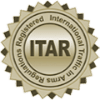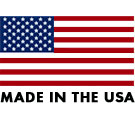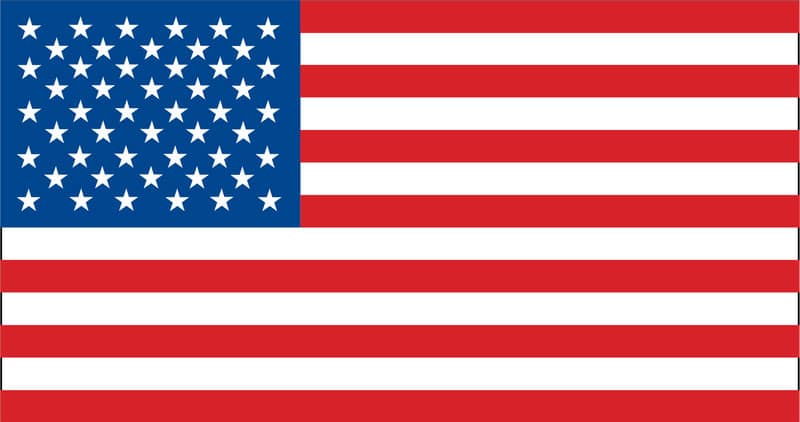ITAR stands for the International Traffic in Arms Regulations and is a comprehensive regulatory framework designed to control the export and transfer of defense articles and technologies to protect U.S. national security interests. It encompasses the USML, which is a detailed list of controlled items, and compliance with ITAR is essential for individuals and companies involved in industries with defense-related technology and information.
1. Purpose and Background:
ITAR is a set of regulations established by the U.S. government to control the export, import, and transfer of defense-related articles, services, and technical data. It was enacted in 1976 under the Arms Export Control Act (AECA) to safeguard U.S. national security interests by regulating the international trade in arms and military technologies.
2. Scope of ITAR:
ITAR covers a wide range of items and information, including but not limited to:
• Firearms and ammunition
• Military vehicles and equipment
• Explosives and ordnance
• Electronics and communication systems designed for military use
• Nuclear technology and materials
• Chemical and biological weapons-related technology
• Technical data and software related to defense articles
3. Regulatory Authority:
The U.S. Department of State’s Directorate of Defense Trade Controls (DDTC) is responsible for administering and enforcing ITAR. The DDTC reviews and approves license applications for the export or transfer of ITAR-controlled items, monitors compliance, and conducts investigations into potential violations.
4. USML (United States Munitions List):
Central to ITAR is the USML, which is a detailed list of specific defense articles and services that are subject to ITAR control. The USML categorizes items into various categories and subcategories, providing clear definitions of what constitutes a controlled item. If an item is on the USML, it is subject to ITAR regulations.
5. Licensing and Exemptions:
Individuals and entities that wish to export, import, or transfer ITAR-controlled items or data must obtain licenses from the DDTC. These licenses specify the conditions under which the transfer can occur and are typically required for international transactions involving defense-related technologies. Some exemptions and exceptions exist for certain activities, such as government-to-government transfers and certain technical data releases.
6. Registration Requirement:
Companies and individuals involved in the manufacturing, export, or brokering of defense articles or services listed on the USML are required to register with the DDTC. Registration helps the U.S. government track and regulate entities engaged in defense-related activities.
7. Penalties and Enforcement:
Non-compliance with ITAR can have severe consequences. Violators may face civil and criminal penalties, including fines, imprisonment, and the loss of export privileges. Companies found in violation of ITAR may also be debarred from participating in U.S. government contracts.
8. Impact on International Trade:
ITAR has a significant impact on the global defense and aerospace industries. It can be a complex and challenging regulatory environment for companies engaged in the export of defense-related technologies, as compliance requires thorough understanding and strict adherence to the regulations.
9. Evolving Regulations:
ITAR is not static and can change over time. The U.S. government periodically updates the USML and makes amendments to the ITAR regulations to reflect advancements in technology, national security concerns, and changes in international relations.





